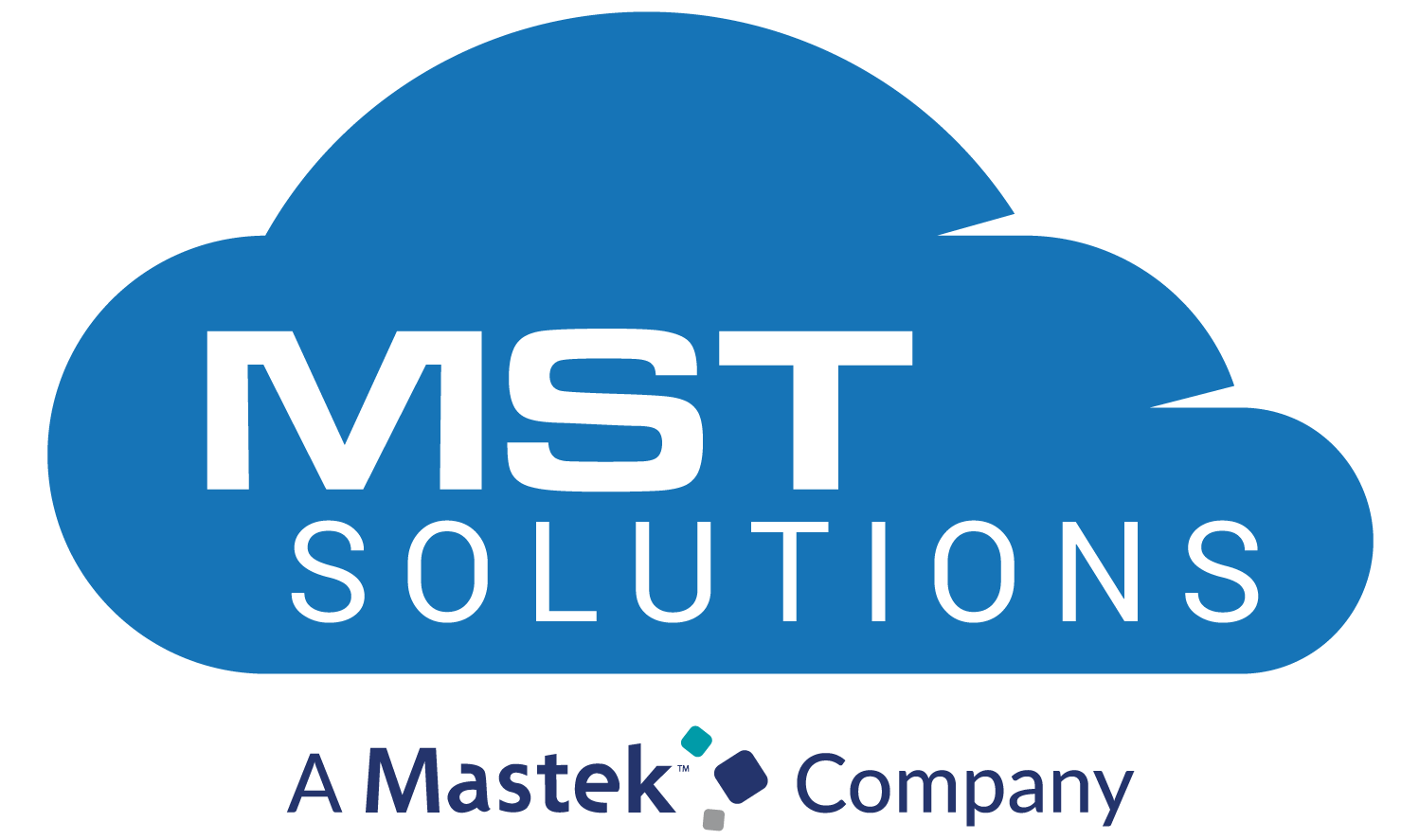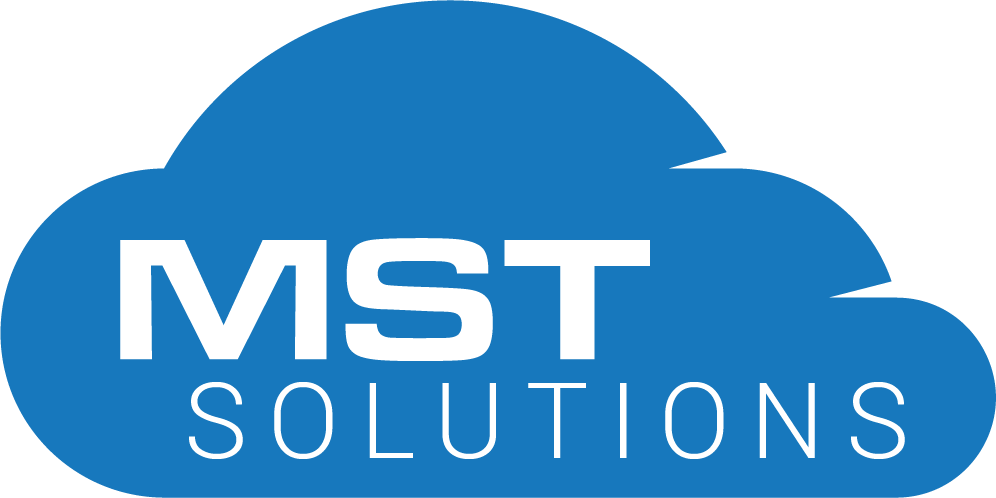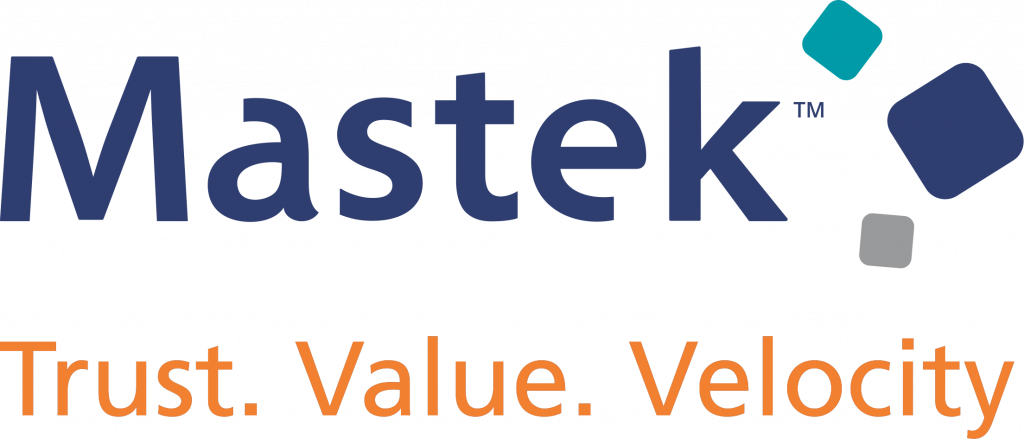The way in which digital marketing has developed after the internet era has changed the way by which the brands and businesses utilize technology for their marketing. Digital marketing practices are becoming more prevalent due to its immense ability to provide increased revenue to the organization along with enhanced and personalized end user experience, this helps the organization to redirect more traffic to their website.
Marketing automation tools helps the businesses to establish their branding in the global market and helps them maintain their reputation to reach the next level. There are organizations which offer multiple Products/Services and they prefer to maintain all their data from different business units in a single CRM for convenience. This helps them to get all the metrics they need from a single system and provides the ease for administrative activities. But all the Products and services cannot be marketed in one single way – ‘One size doesn’t fit All’.
To solve these issues related to diverse products and service lines, marketers prefer to purchase multiple marketing tools based on their business needs. These kind of integration with Single CRM and Multiple Marketing systems are supported by most of the Marketing Automation tools like Pardot, Hubspot, Marketo, Eloqua etc. But this simple CRM and Marketing system integration gets complicated if you don’t organize your data and restrict the data flow in each marketing instance properly.
In this article, we will be sharing about the best practices involved in integrating single Salesforce instance with multiple Marketing instance.
By following these best practices, each business units will have their unique set of Leads that they want to work on and they can effectively plan their marketing strategy accordingly. It’s key to avoid records from one business unit entering into another business unit’s marketing instances to prevent data duplication, junk records sync and data loss. Your marketing automation tool can be anything like Pardot, Marketo, Hubspot or Eloqua, but if you understand your CRM schema well you can effectively customize this integration concept based on your business needs.
1) First Rule of Thumb here is to understand the basics of integration. The integration User’s access in the Salesforce CRM decides the data flowing into your Marketing instance.
“What the Integration User can see is what the Marketing system can see”
2) Integration User’s access should be adjusted as given below:
· Roles Setup: Create two separate Marketing Roles and it should be directly reporting to the highest role in the Role hierarchy.
· Profile Setup: Create two Marketing profiles and remove ‘View ALL’ and ‘Modify ALL’ access to selected objects like Lead, Contact for both marketing profiles to restrict the data flow. Mainly these are the objects that are synced to create Leads in Marketing instance.
· OWD Setup: Adjust the OWD settings as ‘Private’ for the objects you wanted to sync with the Marketing system like Lead and Contact (Account and Opportunity objects will sync with corresponding Contact automatically)
· Sharing Rules: Create Sharing Rules with criteria based on your business needs.
3) Make sure your Marketing instance syncing criteria which decides the data that can flow into Salesforce matches with the Salesforce sharing rule criteria to avoid data loss.
By adopting these configurations suggested, you will get an added advantage of syncing only quality leads into your marketing system and you can pay the Marketing automation licensing fee only for the top quality records instead of junk records. It’s an optimal way to save on your marketing budget by restricting the junk leads entering into the marketing system which can unnecessarily occupy your marketing database and increase your cost.



